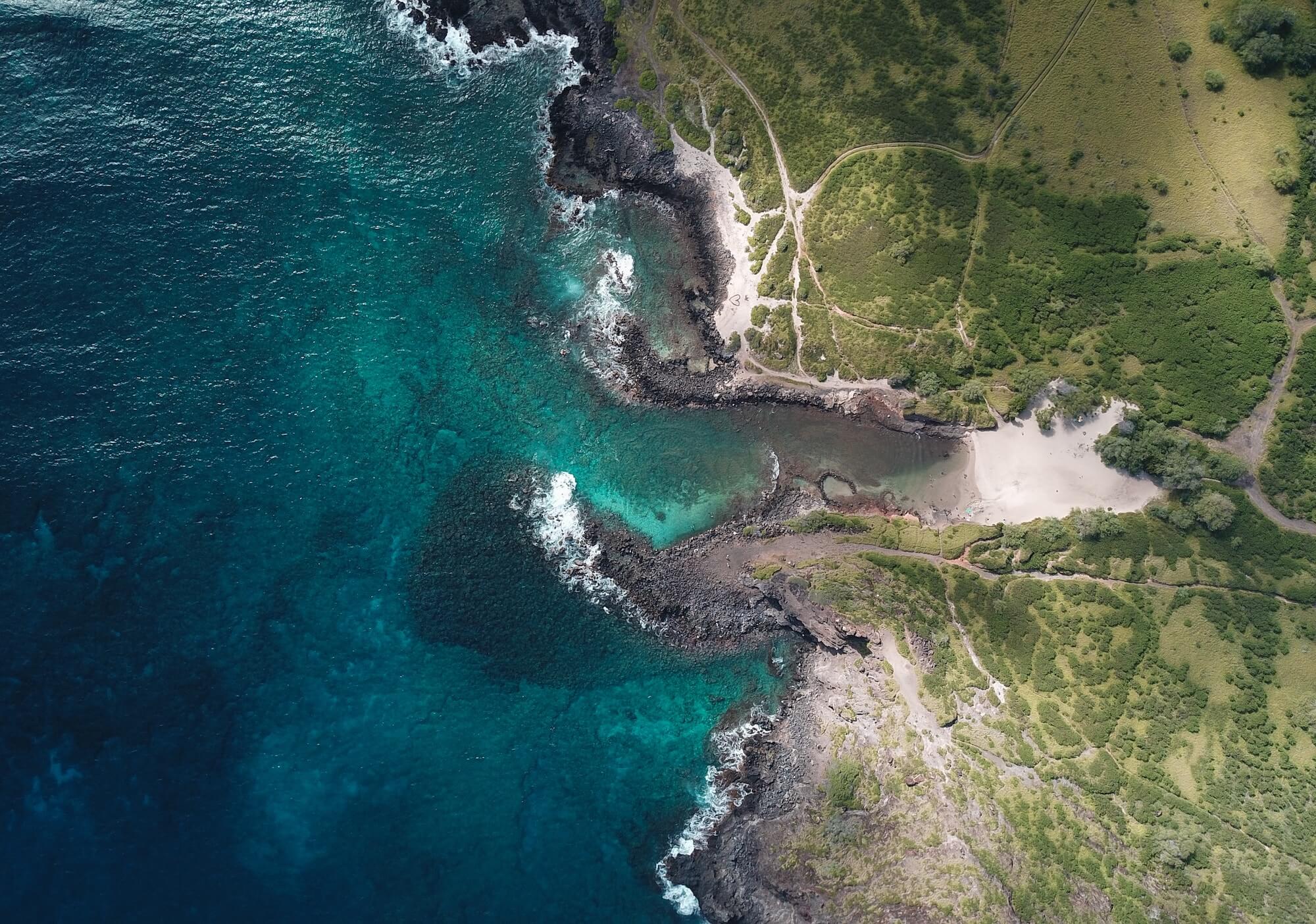


IPOS Executive Summary: Why and How?
The Ocean is essential to life on Earth. It moderates the effects of climate change, providing life-supporting services for human well-being and nature. However, its health is threatened by increasing human activities. Despite scientists’ warnings of approaching tipping points, the transmission of ocean science to responsive policy action is ineffective.
We are proposing to bring together scientists and ocean stakeholders around an ambitious and innovative project for ocean sustainability: the IPOS (for International Panel for Ocean Sustainability):
The IPOS will not aim to replace any existing mechanisms in the current ocean governance landscape but rather aim to be a “facilitating hub” to bridge, strengthen and add value to all the existing efforts. Its purpose will be to connect different sources of knowledge and to fill the gaps between knowledge and society for decisions supporting ocean sustainability. This initiative aligns with the framework set out by the United Nations Decade of Ocean Science for Sustainable Development. It promotes a new and transdisciplinary approach of ocean sustainability science, federating knowledge holders, stakeholders and decision-makers. Its mission is to facilitate the identification of knowledge gaps and priorities through ongoing two-way dialogue at the science-policy interface, as well as the circulation of accessible and action-oriented knowledge.
To this end, IPOS’s work will focus on three main thematic priorities: what kind of land-sea interface do we collectively want, what kind of sustainable modes of management of resources will we collectively accept and what “value”will we choose for the ocean and our future?
In order to implement its mission, IPOS will rely on three strategic pillars (tools and mechanisms):
❖ A reinvented science-policy interface for the ocean that is agile, inclusive, and oriented towards action and solutions tailored to the demands of decision-makers and ocean users.
❖ An open access portal to ocean knowledge peer-reviewed, and adaptable to all geographical contexts and themes, leveraging new technologies and AI.
❖ A “bottom-up” approach embodied by a transdisciplinary participatory methodology to drive transformation (at all scales) at the interface between scientific and non-scientific actors.
To guarantee the launch of the IPOS for the next United Nations Ocean Conference (UNOC 2025, in Nice), the Ocean Sustainability Foundation (OSF), hosted by the CNRS Foundation, was officially created on April 19, 2023, with the aim of providing IPOS with the necessary means to seed its five main implementation priorities :
➢ Clarify the added value of the IPOS (by the end of 2023) following outcomes from the “Seascape Assessment” and mapping exercises to identify main gaps and potential opportunities.
➢ Position the IPOS within the global ocean governance (by early 2024) by securing its relationships or manner of collaborating with main UN bodies and regional networks involved for ocean sustainability.
➢ Federate scientific and knowledge partners (by mid-2024) through a coalition of scientific institutions in support of the IPOS and new methods for co-constructing ocean knowledge.
➢ Identify and establish strong partnerships with stakeholders within the IPOS ecosystem (by mid-2024) through thematic workshops and innovation labs.
➢ Define IPOS’ governance model (by the end of 2024) to ensure an international, inclusive and transdisciplinary representation and define the internal procedures, following best practices of regional science to policy organizations.

